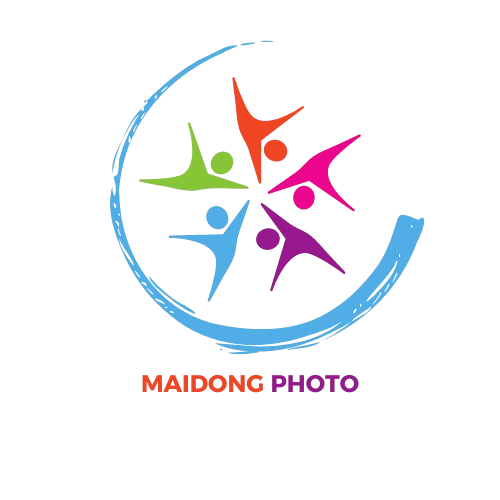Unveiling the Depths of the Hidden Wiki: Exploring the Darknet’s Enigmatic Realm
In the obscure depths of the internet, beyond the reach of conventional search engines and browsers, lies a shadowy enclave known as the Hidden Wiki. This clandestine corner of cyberspace, accessible only through specialized tools like Tor, offers a glimpse into an alternate internet—a realm shrouded in anonymity where boundaries blur and secrecy reigns supreme.
Origins and Evolution
The Hidden Wiki emerged in the early 2000s as a decentralized platform on the darknet, initially serving as a directory for websites that were not indexed by traditional search engines. Over time, it evolved into a comprehensive repository of links and resources spanning a wide spectrum of interests and activities. While some sections remain dedicated to legitimate topics such as technology, art, and philosophy, others delve into controversial and illicit domains.
Navigating the Darknet
Accessing the Hidden Wiki requires familiarity with anonymizing technologies such as Tor. Tor, short for The Onion Router, employs layered encryption to the hidden wiki anonymize users’ internet traffic, routing it through a network of volunteer-operated servers worldwide. This anonymity facilitates unrestricted access to the Hidden Wiki’s content, shielding users from surveillance and censorship.
The Darknet Ecosystem
Within the Hidden Wiki, visitors encounter a diverse ecosystem of content and communities:
- Marketplaces: Infamous for their presence on the darknet are online marketplaces where users can trade anonymously in goods and services. These marketplaces cater to both legal transactions, such as niche products and services, and illegal activities, including drug trafficking, counterfeit goods, and hacking tools.
- Whistleblowing and Activism: Sections of the Hidden Wiki are dedicated to whistleblowers and activists seeking to expose corruption, advocate for political change, or protect civil liberties. These platforms provide a refuge for individuals to share sensitive information securely.
- Censored and Restricted Content: Content banned or restricted on the surface web, including controversial political opinions, encrypted communication tools, and media deemed inappropriate by mainstream standards, finds a home on the darknet.
Ethical and Legal Implications
The Hidden Wiki’s existence raises profound ethical and legal questions. While it serves as a sanctuary for privacy-conscious individuals, dissidents, and journalists operating in repressive regimes, it also facilitates criminal activities that exploit its anonymity. Law enforcement agencies globally face challenges in combating illicit transactions and activities conducted through the darknet, necessitating innovative approaches to ensure public safety while preserving civil liberties.
Future Prospects
As technology continues to evolve and societies grapple with issues of online privacy and security, the future of the Hidden Wiki and the darknet remains uncertain. Advocates argue for safeguarding digital privacy and freedom of expression, emphasizing the darknet’s role in fostering innovation and protecting dissenting voices. Conversely, policymakers confront the dual challenge of mitigating criminal exploitation of anonymizing technologies while preserving lawful governance and public safety.
Conclusion
The Hidden Wiki stands as a testament to the internet’s dual nature—a realm where anonymity fosters both liberation and exploitation, innovation and illicit trade. Its impact extends beyond technological boundaries, shaping global conversations on privacy rights, cybersecurity, and digital sovereignty. As we navigate the complexities of the digital age, the Hidden Wiki prompts reflection on the delicate balance between freedom and responsibility in an increasingly interconnected world.
